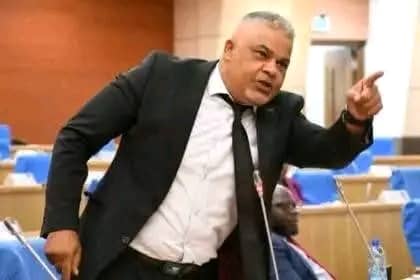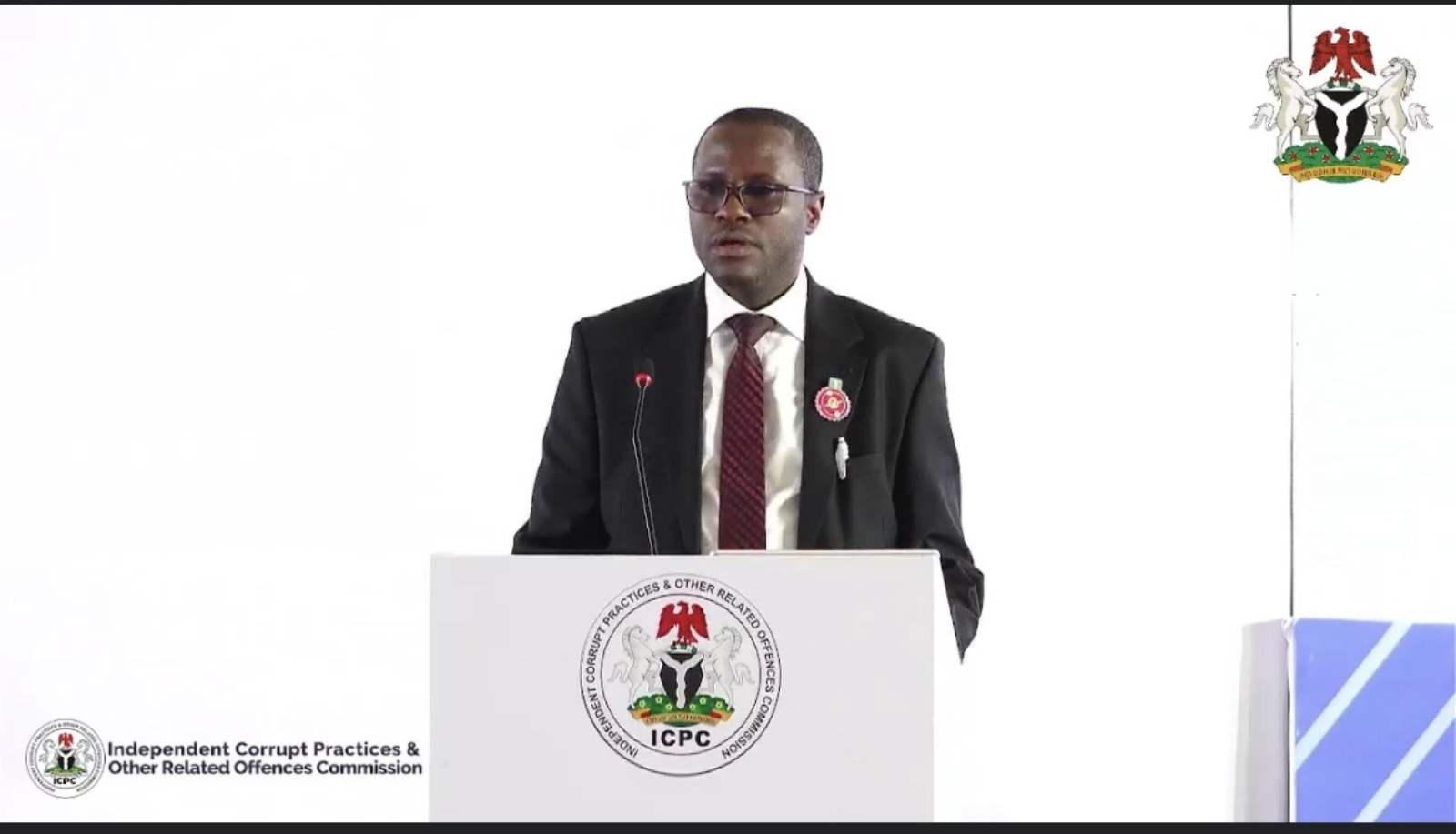
By Munyal ManunyiI
The Chairman of the Independent Corrupt Practices and Other Related Offences Commission (ICPC), Dr. Musa Adamu Aliyu, has revealed that about 851 petitions were filed to the commission from January to October this year.
The chairman made the revelation on Monday evening while presenting the Commission’s performance scorecard over the past year to the Senate Committee on Anti-Corruption and Financial Crimes.
He said: “From January to October 2024, we received 851 petitions, assigned 243 cases, and secured 13 convictions.”
Dr. Aliyu also revealed that significant recoveries of assets and cash were made last year.
“In 2023, the ICPC received 1,187 petitions, assigned 275 cases for investigation, filed 63 cases in court, and secured 18 convictions,” he said.
However, discussing the challenges facing the Commission, Dr. Aliyu identified inadequate funding as a major constraint, impacting the Commission’s ability to pursue investigations, legal proceedings, and public education efforts effectively.
The ICPC Chairman also highlighted legislative limitations requiring amendments to the ICPC Act, along with staffing and welfare needs, as areas in urgent need of attention, stressing the urgent need by the Senate Committee to help in addressing all the challenges listed above.
He said: “Our work requires diverse expertise, from forensic analysis to psychology, yet rising living costs make it increasingly difficult to maintain high morale among staff. Reviewing salaries and welfare benefits is essential for sustainable productivity.
“Additionally, ICPC personnel face security risks, especially during high-stakes investigations, making it critical to provide them with adequate security measures similar to those granted to other agencies. Currently, we have 21 state offices, but they are severely understaffed and under-resourced, which affects our efficiency nationwide,” he explained.
The chairman also complained about the slow pace of court processes as a significant challenge, hampering the swift resolution of corruption cases and undermining public trust in anti-corruption efforts.
He particularly cited difficulties posed by cases involving politically exposed persons, where external influences can challenge the impartiality and integrity of investigations.
categories
recent posts

NIGERIA: Afrobeats Star Spyro Dedicates New Hous
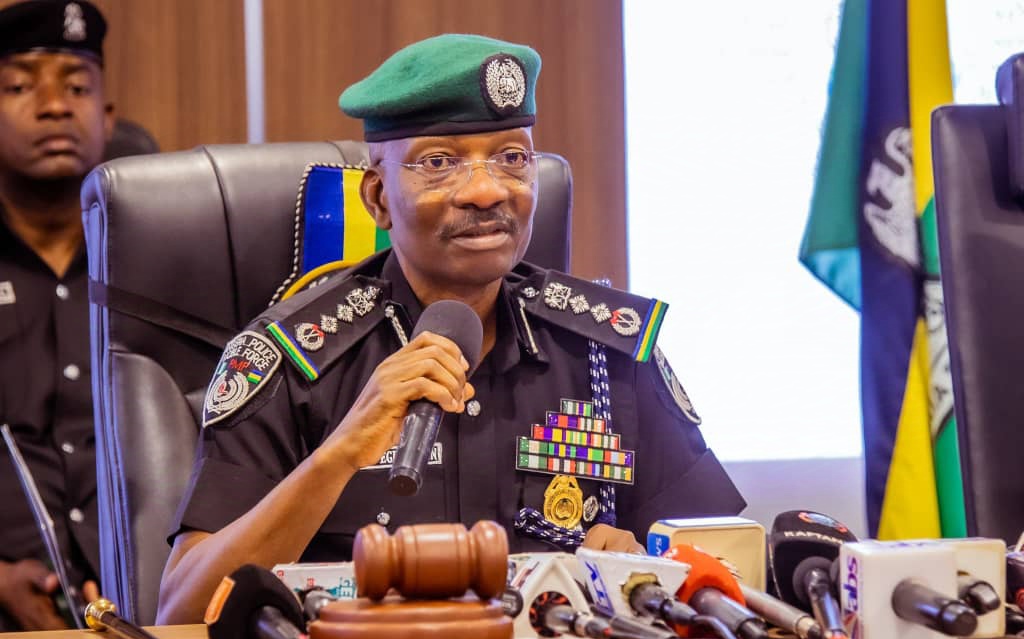
NIGERIA: IGP Reorganizes Police Mobile Force to Boost Internal Security
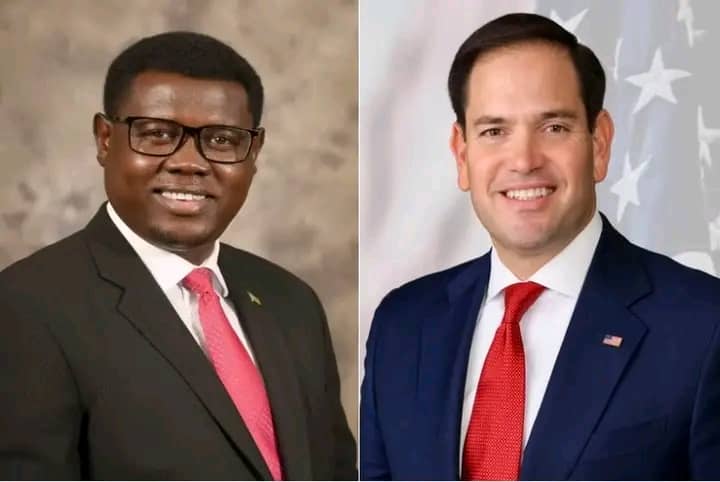
South Sudan Delegation Granted Visas for World Bank Annual Meeting
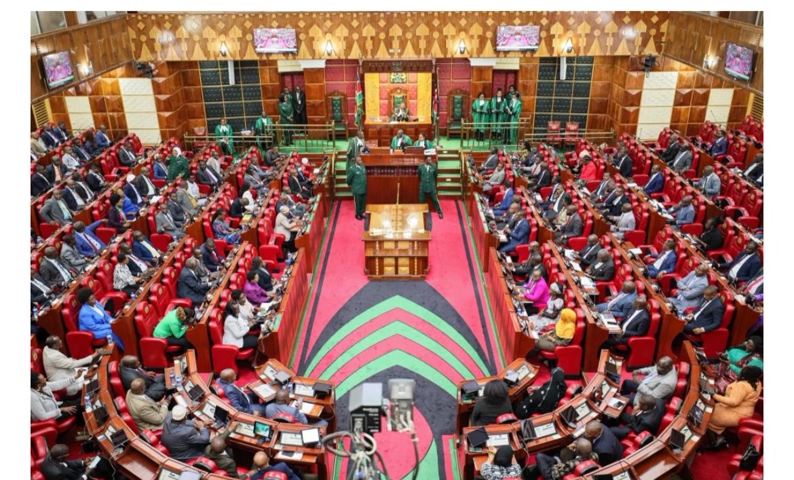
Kenya’s Parliament Launches Inquiry Into Kidney Transplant Scandal
